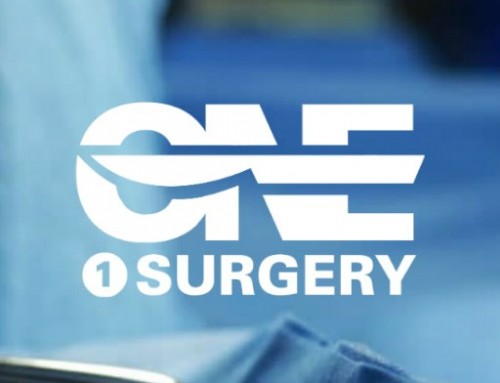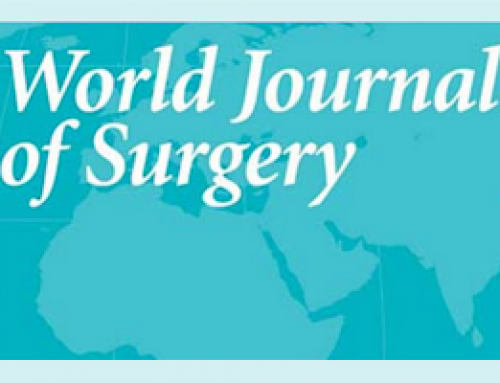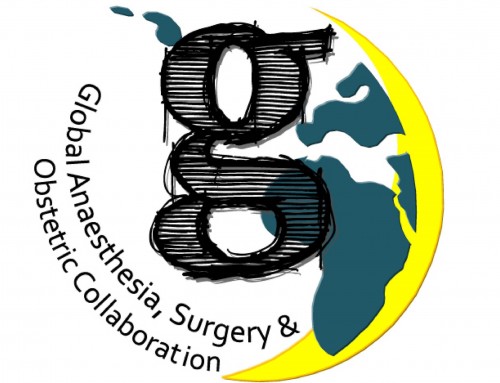The manuscript for a new research article written about a key congenital anomaly – gastroschisis – has been accepted and is currently in press for the next issue of Seminars in Pediatric Surgery. With an incidence of about 1 in 2000, gastroschisis is one of the most frequently encountered congenital anomalies by paediatric surgeons. Despite this, there remains great global disparity in the management and outcome of infants born with gastroschisis.
The article is authored by Naomi Wright, Principal Investigator of Global PaedSurg, as well as John Sekabira and Niyi Ade-Ajayi, Country Lead for Uganda and Steering Committee for Global PaedSurg respectively. Online access is available via ScienceDirect. Alternatively, those without institutional access may request a private copy of the full text from Naomi Wright’s ResearchGate page. The abstract is attached below.
Care of Infants With Gastroschisis in Low-Resource Settings
ABSTRACT
There is great global disparity in the outcome of infants born with gastroschisis. Mortality approaches 100% in many low income countries. Barriers to better outcomes include lack of antenatal diagnosis, deficient pre-hospital care, ineffective neonatal resuscitation and venous access, limited intensive care facilities, poor access to the operating theatre and safe neonatal anesthesia, and lack of neonatal parenteral nutrition. However, lessons can be learned from the evolution in management of gastroschisis in high-income countries, generic efforts to improve neonatal survival in low- and middle-income countries as well as specific gastroschisis management initiatives in low-resource settings. Micro and meso-level interventions include educational outreach programs, and pre and in hospital management protocols that focus on resuscitation and include the delay or avoidance of early neonatal anesthesia by using a preformed silo or equivalent. Furthermore, multidisciplinary team training, nurse empowerment, and the intentional involvement of mothers in monitoring and care provision may contribute to improving survival. Macro level interventions include the incorporation of ultrasound into World Health Organisation antenatal care guidelines to improve antenatal detection and the establishment of the infrastructure to enable parenteral nutrition provision for neonates in low- and middle-income countries. On a global level, gastroschisis has been suggested as a bellwether condition for evaluating access to and outcomes of neonatal surgical care provision.




Leave A Comment